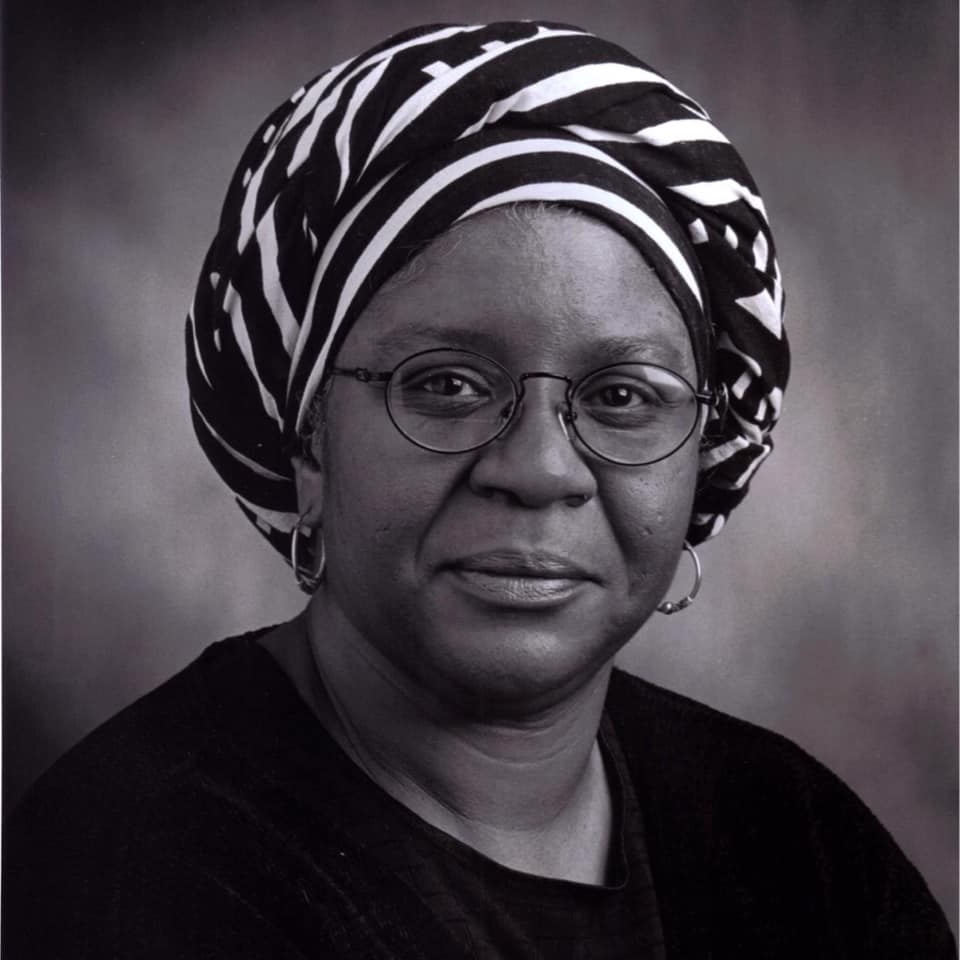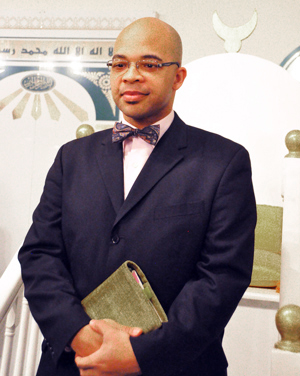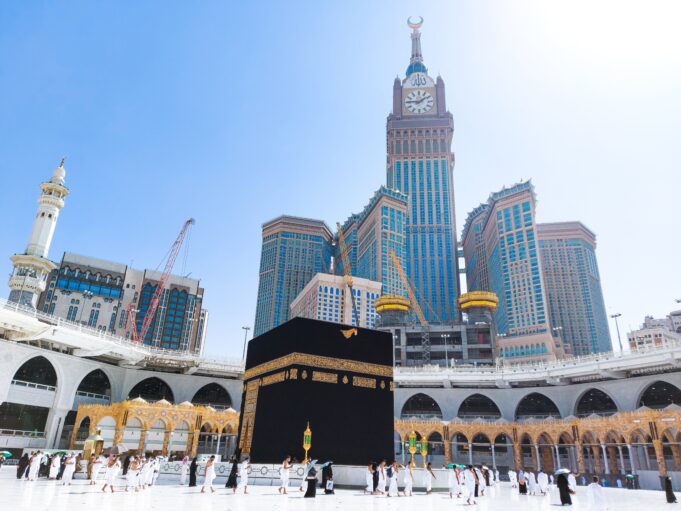WASHINGTON— Saudi Arabia’s Ministry of Hajj took over all aspects for Western travelers seeking to do the holy pilgrimage. The new system eliminated middleman travel agencies. Pilgrims traveling from Australia, Europe and North America submitted an application through an online system, entered the lottery system, paid for their travel and were supposed to receive their visa online.
Each country was assigned a certain number of spaces in the new lottery. Lottery systems are the standard way of travel to Hajj in Muslim-majority countries. The Saudi government launched Mowatif, an online booking system, to accommodate Western applications. As with any new online system, Mowatif presented pilgrims with the expected glitches and problems. This includes taking people’s money but not giving them visas and plane tickets.
This year’s Hajj dates are July 7-12. The Ministry of Hajj and Umrah told the media it is “working to secure alternative flights and additional seats for pilgrims wishing to travel to Saudi Arabia from Britain, the United States of America and European countries. It is also ensuring the immediate issuance of visas to enter the Kingdom. The Ministry is in regular contact with those affected by the limited seating capacity and the technical difficulties experienced by pilgrims using the electronic portal.”
The changes announced just a month before travelers expected to leave put many small businesses out of business for Hajj travel with only a few weeks’ notice. People who paid travel companies deposits for their trip were told to request their money back and apply via the new system.
Applicants accepted by the new lottery system, had to be under 65 years of age and had not participated in the Hajj for five years. They had to also be fully vaccinated against COVID-19 and have a negative PCR test before the trip. Once their application was approved, they had 48-hours to pay for their choice of silver, gold and platinum packages. The package included flights, luxury accommodation, transportation, camping at religious sites and a visa.
Countless people from the West waited since 2019 to attend Hajj. They looked forward to traveling with experienced tour guides to give an understanding to the experience. Those days are gone this year with travel agencies cut out of the picture.
“Our company, Hajj Pros, professional Hajj and Umrah guides, are the only African American licensed Hajj company in America. We’ve been in business for 18 years. Now we’re out of business,” Imam Sulaiman Hamed, head of Hajj Pros told The Final Call newspaper. “What the Saudi government did was not permit any travel agencies from Europe, Australia, UK, Canada and America to assist the hajjis (pilgrims attending Hajj). Basically, they put us out of business. Overall, we’re still able to do Umrah, (smaller pilgrimage) but for Hajj, it’s a wrap.”
Hajj was restricted for two years due to the pandemic. In 2020, it was limited to only local pilgrims with 1,000 attending. In 2021, the restrictions were slightly eased and 58,745 attended. Last April, Saudi Arabia announced that it would permit Muslims from abroad to enter thus increasing the numbers to one million people this year from both inside and outside the Kingdom. Weeks later the government announced the new travel system.

Dr. Aminah Al-Deen, Islamic Studies Department Chair emeritus at DePaul University, attended Hajj as a semi-diplomat due to her profession and didn’t have to use a travel agency. She told The Final Call, “Travel agencies provided an opportunity for small businesses, that are now under siege with these new plans. What also worries me is people previously buying tickets through travel companies who were put in crowded camps or hotels. They were left at the mercy of the tour group leader. People often don’t know what the trip entails and have to endure difficult conditions.”
“When you have millions of people coming to a space, that you have to keep in groups, you have to keep up with them. Someone trustworthy has to be in charge. You have to also make sure that the servants there, don’t slip in with those groups … and that people leave at the end.”
Hajj is one of the five pillars of Islam. It is an obligation for all able-bodied, financially able Muslims to perform once in their lifetime. The pilgrimage occurs in the 12th month of the year, Dhu Al-Hijjah. The crescent moon was sighted the evening of June 29 in Saudi Arabia, according to the Saudi Kingdom’s Supreme Court. This started the beginning of Hajj on July 7, followed by Eid Al-Adha on July 9.
The sacred rituals of Hajj during the weeklong pilgrimage include touching the Black stone on the Kaaba, contemplation on Mount Arafat to reflect on Prophet Muhammed’s (peace and blessings be upon him) last sermon and casting seven pebbles to reject Satan from tempting Abraham. Pilgrims also re-enact Hagar’s rite of trusting in Allah (God) by walking fast between the two hills in honor of her sacrifice of being alone in the desert with her baby. It also allows pilgrims to think about their own personal struggle.
Pilgrims quench their thirst in the same manner Hagar did with holy water from the well of Zam Zam, that continues to run 4,000 years later. This well changed the desert town of Mecca into a bustling town. It led to the development of a new world civilization. The pilgrimage takes about five to six days to complete. Prior to Covid-19 each year, as many as three million people from around the world, performed the Hajj.

“Through the reenactment of ancient rites that represent the trials and sacrifice of the central figure of the monotheistic faiths of Judaism, Christianity, and Islam—Prophet Abraham and his family, peace be upon them—we are turned to the desire of Allah (God) to bring the human family all together in unity through our devotion to the One God,” said Sultan Rahman Muhammad, student National Imam of the Nation of Islam and resident Imam of Mosque Maryam in Chicago.
“Hajj is a sign of the pilgrimage of life in our journey to meet Allah (God), both personally and collectively. This principle action of faith signifies our universal journey to seek nearness to Allah (God), so that we recognize His Presence to be the central force in the purification of our hearts and human society in the establishment of righteousness by the Great Mahdi, Master Fard Muhammad, as the governing reality that destroys the corrupters of civilization found in materialism, sexism, nationalism and racism,” explained Imam Sultan Muhammad.
Some think the travel changes are because Saudi Arabia needs to recoup financial losses from the Covid-19 restricted years. Pilgrims often stay for 10 days bringing billions to the Kingdom, according to Mecca’s Chamber of Commerce.
“The Saudi government lost money due to corona (COVID-19), like everybody else did. This is about control,” said Imam Hamed. “They’ve also said they want to get rid of fraudulent Hajj travel agency companies. Fraudulent is not the right word in the industry of Hajj. Is there price gouging? Absolutely. No person who’s been in this business would lie and say otherwise. I’d like to remind, the believers, we charge what we are charged. Does that make sense?” he added.
“Yes. If Saudi Arabia charges me $9,000 and I’m selling this product, there will be some price increase. The Saudis said they were keeping the price down but people who are going this year are still paying too much. The West is in a similar situation to other countries where there is a lottery. Even if you have the money to go, there’s no assurance you will be able to go because your name is put in a lottery. It’s a terrible idea. Our religion says, if you have the means to do it, then you do it.”
New York’s Imam Abdul Malik was a 16 year old when he became the Honorable Minister Louis Farrakhan’s translator and guide when he went to Hajj. Imam Abdul Malik believes the unity of Muslims could have prevented the new travel system.
“The Muslims in America must establish good ties with various governmental agencies as well as America’s business community to have direct ties with the King’s office and the Hajj Ministry to express the unique needs of Muslims coming out of the West,” he told The Final Call.
—Nisa Islam Muhammad, Staff Writer













